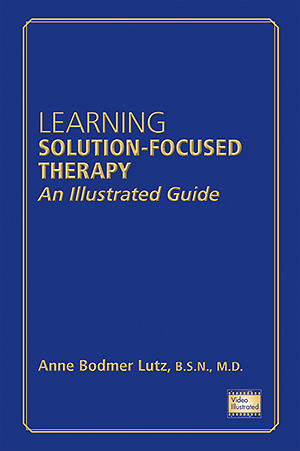Sections
Excerpt
This chapter will discuss several other questions that are useful in solution-focused therapy. These questions can be divided into four main categories: 1) those that are used in follow-up sessions, 2) those that are used in times of distress or crisis and when things are worse, 3) those that dig for details of success, and 4) those that amplify ambivalence.
Access content
To read the fulltext, please use one of the options below to sign in or purchase access.- Personal login
- Institutional Login
- Sign in via OpenAthens
- Register for access
-
Please login/register if you wish to pair your device and check access availability.
Not a subscriber?
PsychiatryOnline subscription options offer access to the DSM-5 library, books, journals, CME, and patient resources. This all-in-one virtual library provides psychiatrists and mental health professionals with key resources for diagnosis, treatment, research, and professional development.
Need more help? PsychiatryOnline Customer Service may be reached by emailing [email protected] or by calling 800-368-5777 (in the U.S.) or 703-907-7322 (outside the U.S.).



